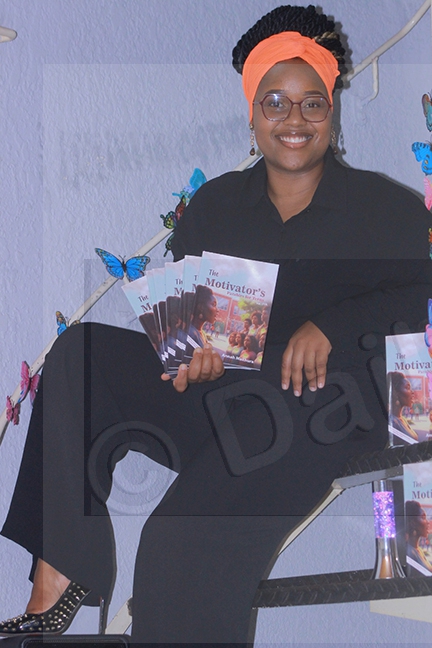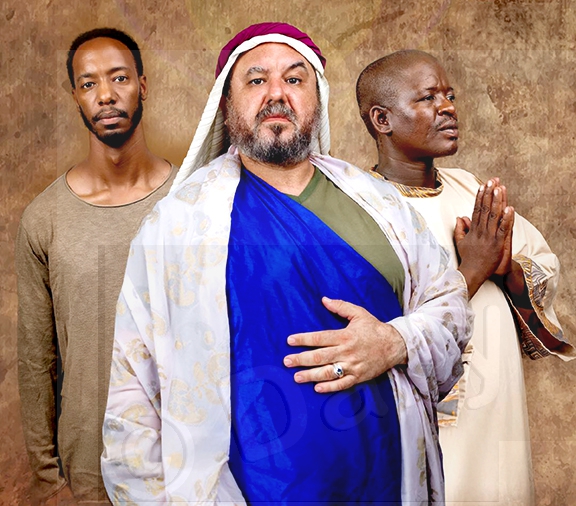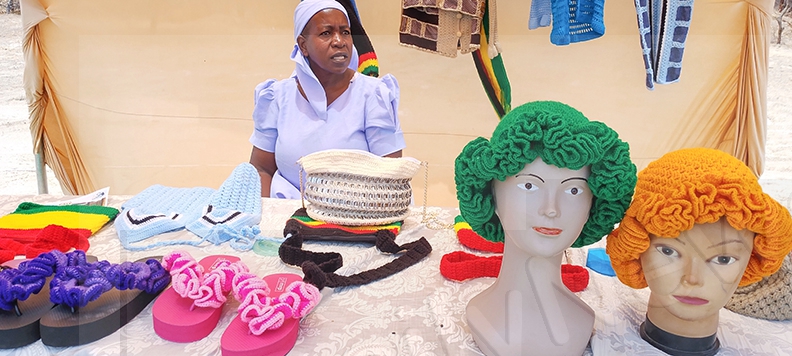World Tourism Day
29 Sep 2017
Tourism continues to play a critical role in the diversification of the economy and is a major contributor to employment creation for women, the youth, rural communities and indigenous people, says the Chairman of Ntlo ya Dikgosi, Kgosi Puso Gaborone.
Speaking during World Tourism Commemoration Day on September 27, Kgosi Gaborone said this year’s theme: Sustainable tourism; A tool for Development, was crafted with the recognition that tourism brought hope, prosperity and understanding to many lives and livelihoods all over the world.
He noted that in 2016 over one million travellers crossed international borders, and that it was estimated that by 2030 up to 1.8 billion people would be travelling around the world.
“As we celebrate World Tourism Day 2017, we should consider how we can enable this global transformative force, the 1.8 billion opportunities to contribute to make this world a better place and to advance sustainable development,” he said.
Kgosi Gaborone said sustainable tourism development should be able to take full account of its current and future economic, social and environmental impacts, and address the needs of visitors, the industry, the environment and host communities.
The audience also heard that the UN General Assembly has declared 2017 as the International Year of Sustainable Tourism for Development.
He said the initiative provided a unique opportunity to promote travel and tourism as a 21 century human activity to build a better future for people, the planet, peace and prosperity.
He noted that the government had put in place policies, strategies and legislation to regulate the operations of the tourism sector and to facilitate sustainable tourism as a tool of development.
“These are in the form of the Tourism Policy of 1990, now being reviewed. The National Eco-tourism Strategy (2002) and the Tourism National Master Plan (2000), the Botswana Tourism Act (2009), the Tourism Act (2009) and Tourism Regulations (2010),” Kgosi Gaborone added.
He said the master plan provided a guide towards the achievement of sustainable tourism, and that the implementation of all the other guiding instruments complemented the Tourism Master Plan.
He said in an effort to implement sustainable development goals, Botswana has set aside 42 per cent of its land for the protection of the flora and fauna in the form of game reserves, national parks and wildlife management areas, with the monuments and heritage sites also protected under the Monuments and Relics Act of 2001.
For his part, the deputy permanent secretary in the Ministry of Environment, Natural Resource Conservation and Tourism, Felix Monggae said that culture was part of tourism and also played a significant role as a tool for development.
He said in order for future generations to benefit from culture, it should be preserved.
He said Batswana should not disregard culture as it was their way of life, and that it included their ideas, customs and social behaviour.
He further encouraged everyone to sustain their culture by ensuring that tourists who visited Botswana blended with the Setswana culture and not allow them to change their lifestyle so that when they leave the country, our way of life would remain intact. ENDS
Source : BOPA
Author : Matshidiso Moseki
Location : GABORONE
Event : World Tourism Commemoration Day
Date : 29 Sep 2017








